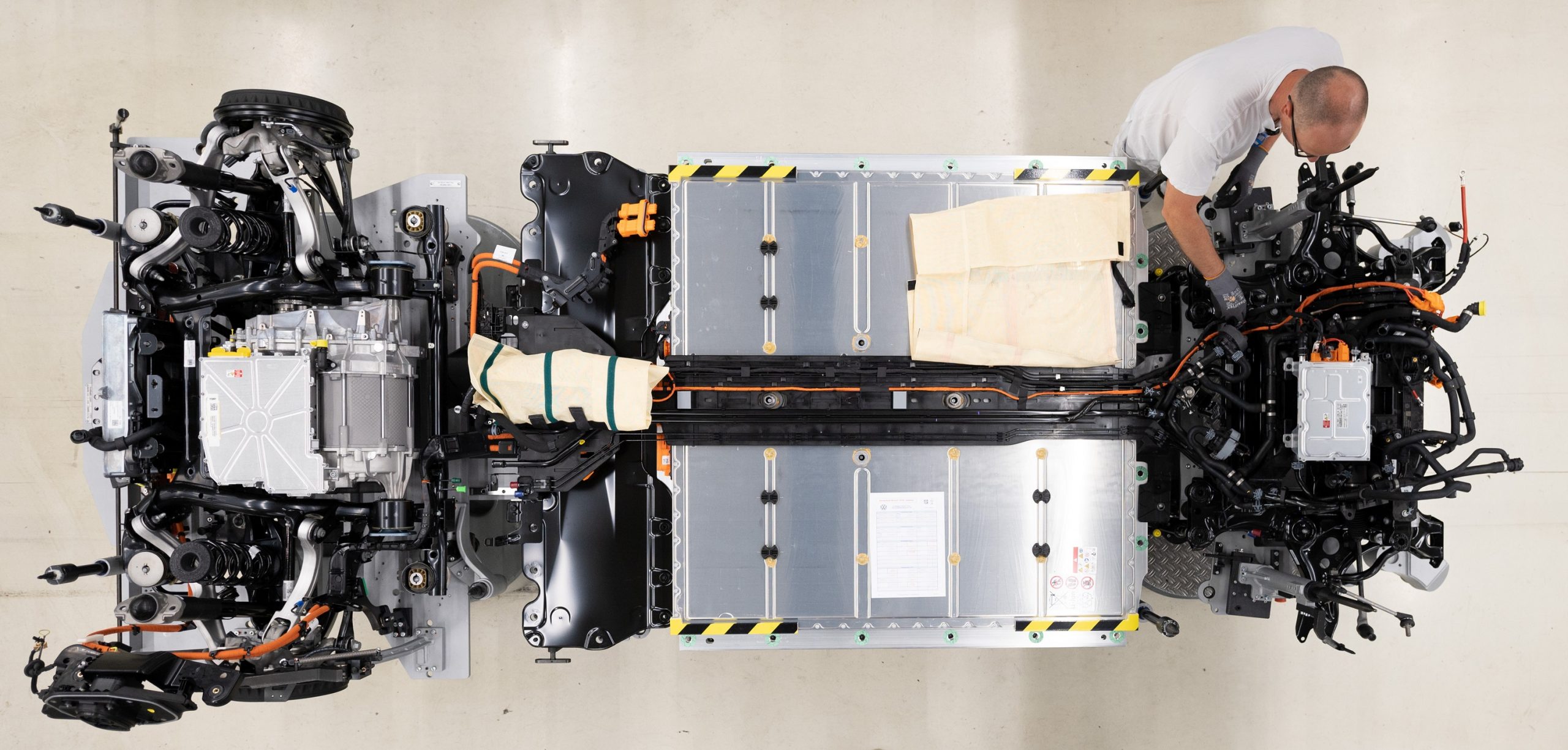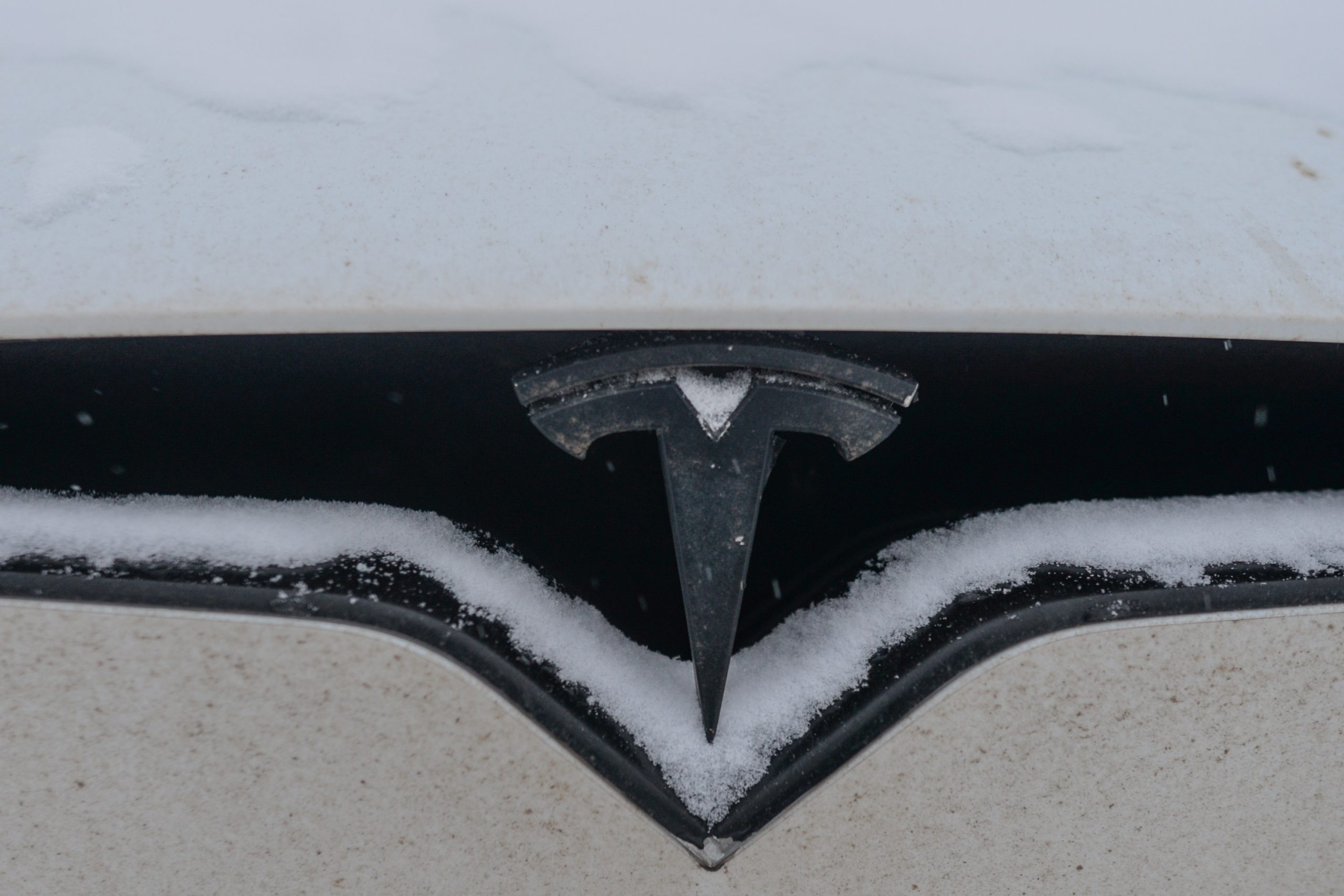
What Does an EV Battery and Range Anxiety Have to Do With Bulletproof Vests?
- Scientists at the University of Michigan have found a new way to make EV batteries
- These batteries are more effiecient, less prone to temperature changes, and offer greater range
- Bulletproof vests contain aramid fibers that can be used to produce the batteries
The car wasn’t always “the car” as we know it today. Combustion engines have become more and more powerful and fuel-efficient since their introduction. Frankly, it was inevitable the same was going to happen with electric vehicles like Teslas. Rather, it’s inevitable this was going to happen with the EV battery we now so often hear about. This is the first step.

Bulletproof vests could help ease EV range anxiety
A new study has been published showing that recycled materials found in items like bulletproof vests can vastly improve on the EV battery as we know it. You can read the study in full here. There’s a lot of science-y terms in the study, and I don’t have enough acronyms before or after my name to relay them without help. Thankfully, Business Insider provides a pretty succinct breakdown.
In effect, BI points out that we’re effectively capped out on the capability of the lithium-ion EV battery. These are the batteries you know today, found widely in cars like the Polestar 2 and Tesla Model 3. Even bigger, heavier EVs like the GMC HUMMER EV use them. In short, we just can’t get much more range out of them. Hence: range anxiety. This new study suggests we’ve found a way around that.
More eco-friendly EV battery tech is on the way

By adding sodium to the existing lithium found in EV batteries, in addition to substituting much of the Li (chemical symbol for Lithium) for sodium, we can increase the energy density of a battery by a significant amount. Put plainly, changing the chemical structure of an EV’s battery will help give it more range. The University of Michigan says it can multiply an EV’s range by a factor of five. Cars like the Lucid Air already have insane range, so the sky really is the limit here.
The researchers over at the University of Michigan have also found that this new type of battery can be far more durable than existing ones. Obviously, the benefit there is longevity. Which in turn helps with the environmental impact of electric cars. Sodium is also far more abundant than lithium, and cleaner too. Speaking of clean, the aramid fibers found commonly in bulletproof vests can easily be recycled to help further clean up the production process.
Lithium-Sulfur batteries are resistant to temperature changes

There’s one more huge benefit to these batteries that are being studied by UM. The new lithium-sulfur batteries are extremely temperature resistant. Lithium-ion-powered EVs have less range in cold and hot temperatures, and the increased stability offered by lithium-sulfur batteries can help. Soon your EV could have more range, lose less, and be better for the environment. A win-win. Now when can I buy one?


